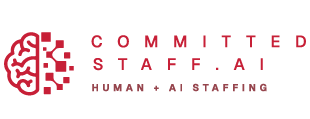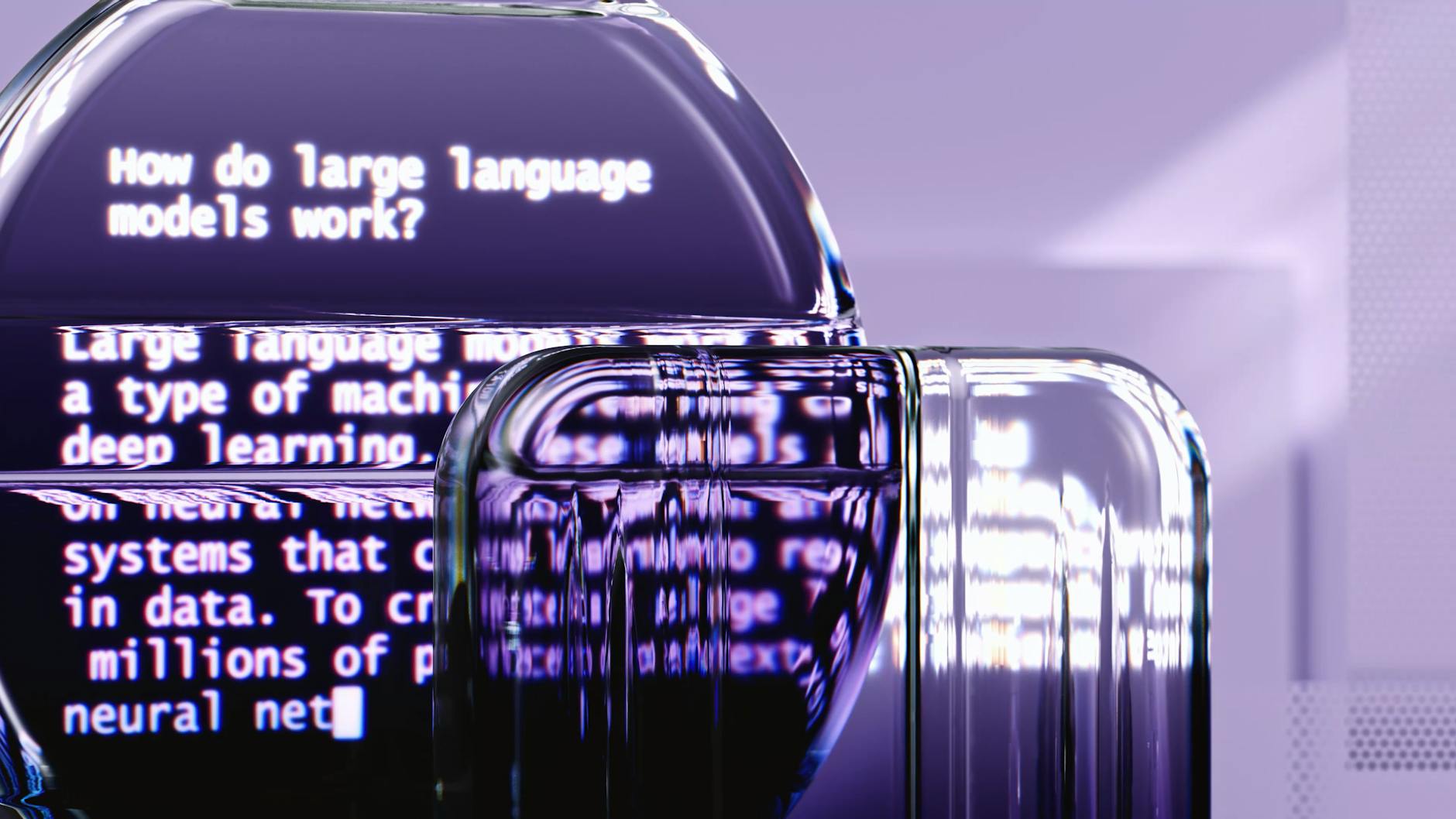In today’s competitive landscape, businesses face mounting pressure to scale operations quickly while maintaining efficiency and innovation. One key challenge is managing labor-intensive, repetitive tasks that consume valuable employee time and energy. Many organizations still rely on manual processes that inhibit creativity and slow decision-making. The answer to this dilemma lies in harnessing AI agents—intelligent automation tools that streamline routine workflows and free human talent to focus on strategic, high-value activities. For C-level executives, HR leaders, and operations managers, integrating AI agents within hybrid staffing models is rapidly becoming a defining element of the future of work.
This article explores how AI agents can automate repetitive tasks to unlock human creativity in hybrid teams, blending AI staffing solutions with nearshore talent and traditional employees. We will define AI agents, examine the rise of hybrid staffing, outline the benefits and challenges of human-AI collaboration, and present a business use case demonstrating measurable outcomes. Along the way, you will find actionable insights and calls to action to help you transform your workforce with CommittedStaff.ai’s innovative approach.
What Are AI Agents and How Do They Automate Work?
AI agents can be understood as intelligent assistants, copilots, or automated decision systems embedded within business processes. Powered by machine learning, natural language processing, and robotic process automation (RPA), these agents perform repetitive and rule-based tasks autonomously or with minimal human intervention.
Real-world examples include:
– ChatGPT:An AI conversational agent that handles customer inquiries, generates content, and supports internal communications.
– Microsoft Copilot: Embedded in Office 365 apps, it assists with writing, summarizing, and data analysis.
– Robotic Process Automation (RPA): Bots that automate data entry, transaction processing, and report generation without human fatigue or error.
By automating repetitive chores, AI agents accelerate task completion, reduce errors, and allow human workers to prioritize creativity, strategic thinking, and relationship building.
Learn how to integrate AI agents into your team structure with CommittedStaff.ai.
Understanding Hybrid Staffing in the Modern Enterprise
Hybrid staffing refers to the strategic combination of traditional employees, nearshore talent, and AI agents to create a flexible and scalable workforce. Companies embracing hybrid models assign routine and transactional tasks to AI agents and flexible staff while reserving complex decision-making and creative work for their core employees.
This approach addresses several growing business needs:
– Rapid scaling without increasing headcount exponentially
– Access to skilled talent pools nearshore, offering cultural affinity and cost efficiency
– 24/7 operational coverage enabled by AI and distributed teams
– Enhanced agility in responding to market changes
CommittedStaff.ai specializes in delivering hybrid staffing solutions that optimize resource allocation between human and AI assets to achieve maximum productivity.
Request a consultation with CommittedStaff.ai to explore hybrid staffing solutions tailored to your organization.
Top Benefits of Blending AI Agents With Human Talent
Blending AI staffing solutions with human expertise offers multiple advantages for forward-looking organizations:
1. Higher Productivity and Efficiency
AI agents operate continuously without fatigue, freeing employees from mundane tasks like data entry, scheduling, and routine reporting. This leads to faster turnaround times and more output per labor dollar.
2. Cost Efficiency and Scalability
Automating repetitive processes reduces the need for large teams and overtime spending. Nearshore talent complements AI in handling specialized roles cost-effectively, enabling companies to scale up or down flexibly.
3. 24/7 Operational Coverage
Hybrid teams with AI agents working round the clock ensure seamless business functions and customer service, transcending time zones and minimizing delays.
4. Data-Driven Decision-Making
AI agents collect, clean, and analyze data in real-time, empowering human teams with actionable insights. This intelligent automation improves forecasting, resource allocation, and risk management.
5. Enhanced Employee Engagement
By removing menial tasks, human workers engage in creative problem-solving, innovation, and relationship building — activities that drive satisfaction and retention.
According to a recent Gartner report, 70% of organizations plan to increase investment in AI staffing solutions to boost productivity by 2025.
Learn more about how CommittedStaff.ai can maximize productivity through intelligent human-AI collaboration.
Mitigating Risks and Overcoming Challenges
While promising, integrating AI agents and hybrid staffing is not without hurdles:
– Employee Resistance: Fear of job displacement or other uncertainties can cause pushback. Transparent communication and reskilling programs are essential.
– Training Demands: Human teams must learn to collaborate with AI tools effectively, requiring ongoing education.
– Ethical and Privacy Concerns: Organizations must set clear policies on AI usage to prevent bias, ensure data security, and comply with regulations.
– Quality Control: Continuous monitoring is necessary to maintain accuracy and relevance of AI agent outputs.
Practical mitigation strategies include:
– Involving employees early in AI adoption initiatives
– Offering AI literacy and hybrid workflow training sessions
– Implementing governance frameworks for AI ethics
– Partnering with trusted vendors like CommittedStaff.ai to ensure best practices
According to McKinsey, companies that combine reskilling with thoughtful automation initiatives see 20% higher employee satisfaction.
Request a consultation today to develop a responsible and effective AI staffing integration roadmap.
Business Use Case: Hybrid Staffing Implementation at Mid-Sized Tech Company
Consider a mid-sized technology firm struggling to keep pace with rapid product development cycles while managing expanding customer support demands. The firm implements a hybrid staffing strategy by partnering with CommittedStaff.ai, combining its core in-house developers and support agents with nearshore staff and AI agents.
Implementation Details:
– AI agents powered by RPA automate ticket categorization, response drafting, and data entry in the customer support system.
– Nearshore talent focuses on specialized technical support and content localization.
– In-house teams handle high-priority issues and strategic planning.
Outcomes after six months:
– 40% reduction in average ticket resolution time
– 30% decrease in operational support costs
– 25% improvement in customer satisfaction scores
– Significant uptick in innovation as employees redirect focus from repetitive support tasks to product enhancements
These measurable results demonstrate how intelligent automation combined with hybrid staffing can transform operations without sacrificing quality or creativity.
Explore how CommittedStaff.ai’s hybrid staffing model can deliver results like these for your business.
Conclusion: Embracing the Future of Work With Intelligent Hybrid Teams
The future of work is hybrid—where AI agents complement human talent to create smarter, faster, and more agile organizations. Automating repetitive tasks with AI empowers employees to unleash their creativity and strategic potential, driving innovation and competitive advantage.
By adopting hybrid staffing solutions from CommittedStaff.ai, your organization can harness intelligent automation, nearshore talent, and human-AI collaboration to scale effectively, reduce costs, and improve engagement. The time to act is now



Recent Comments